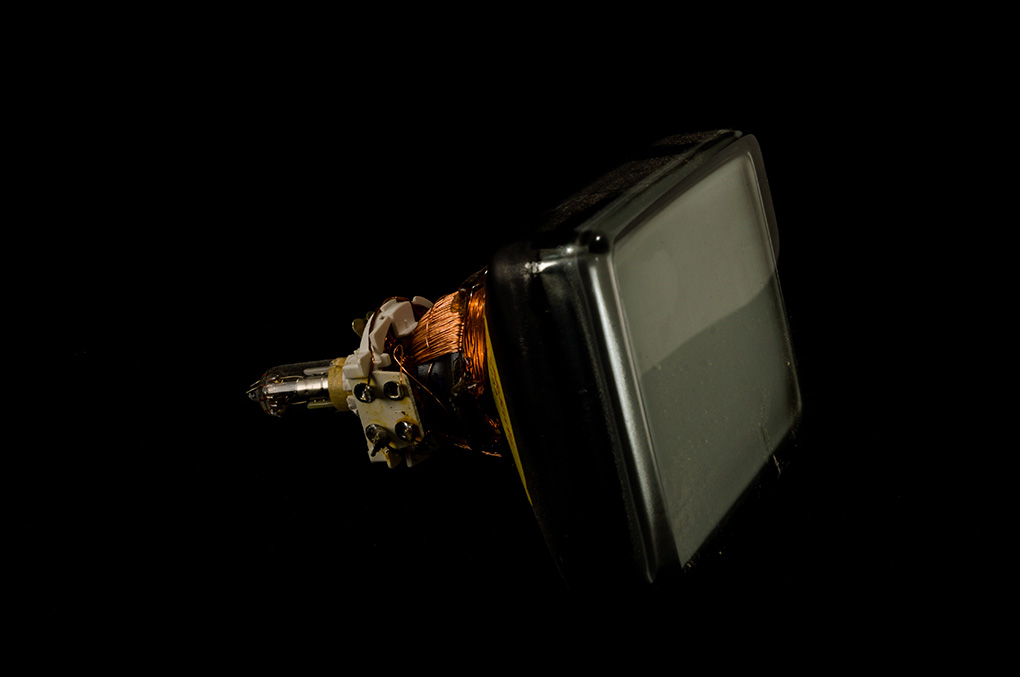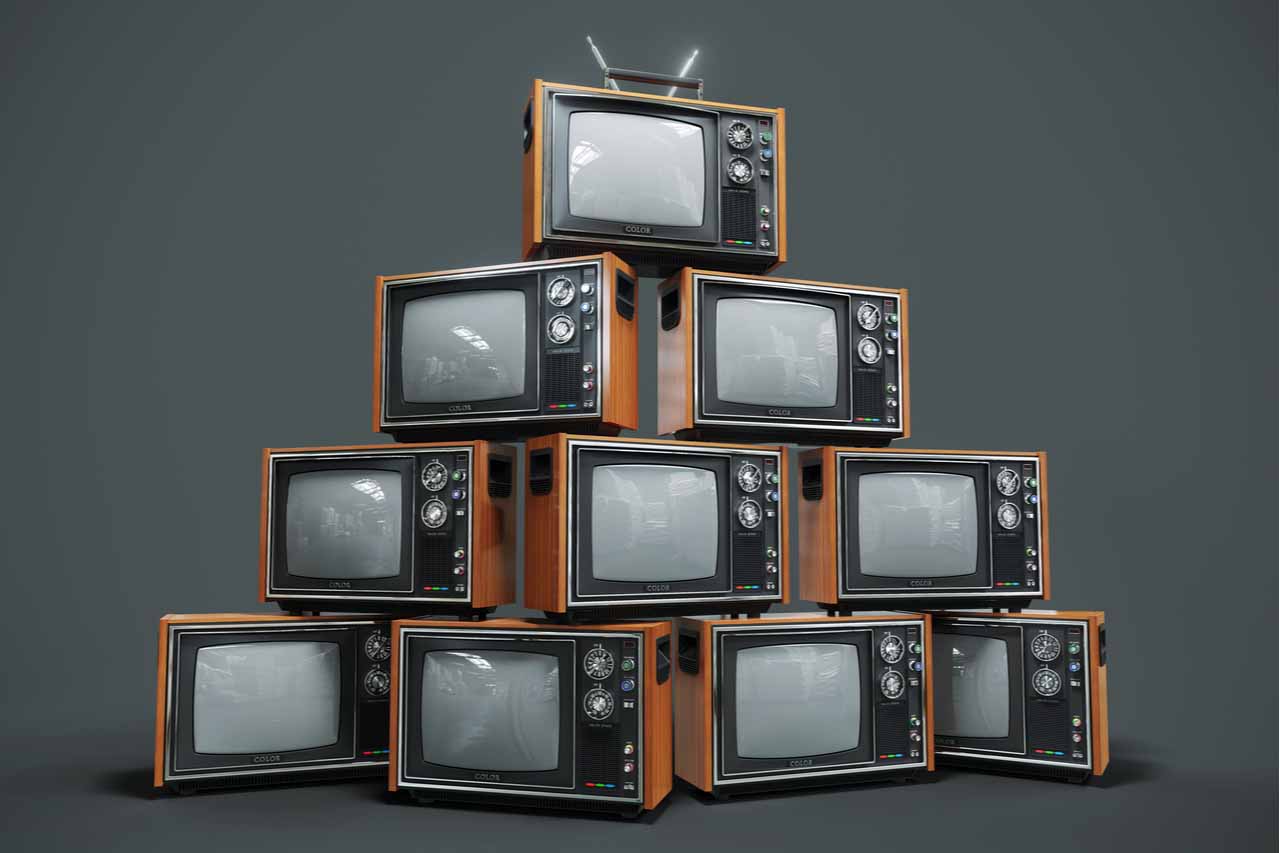
Electronics recycling company CompuPoint USA will collect, ship and recycle CRT material from abandoned Closed Loop sites as part of a court settlement. | Oleksandr_Delyk/Shutterstock
An e-scrap company will take back and recycle the millions of pounds of CRT materials that it originally shipped to Closed Loop Refining and Recovery, under a recently disclosed settlement agreement.


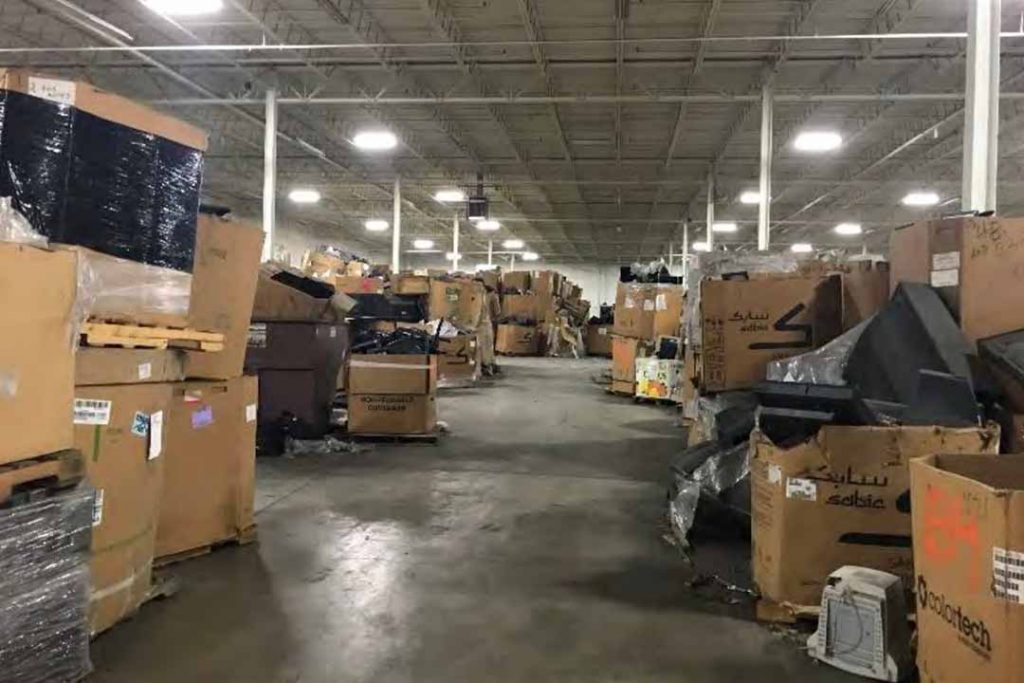

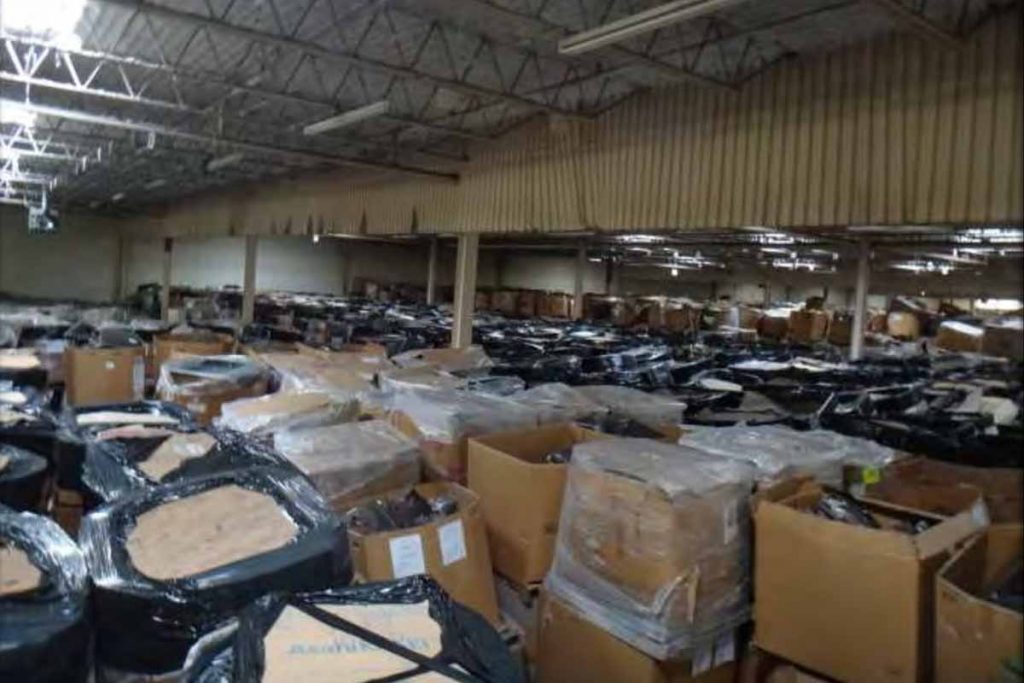

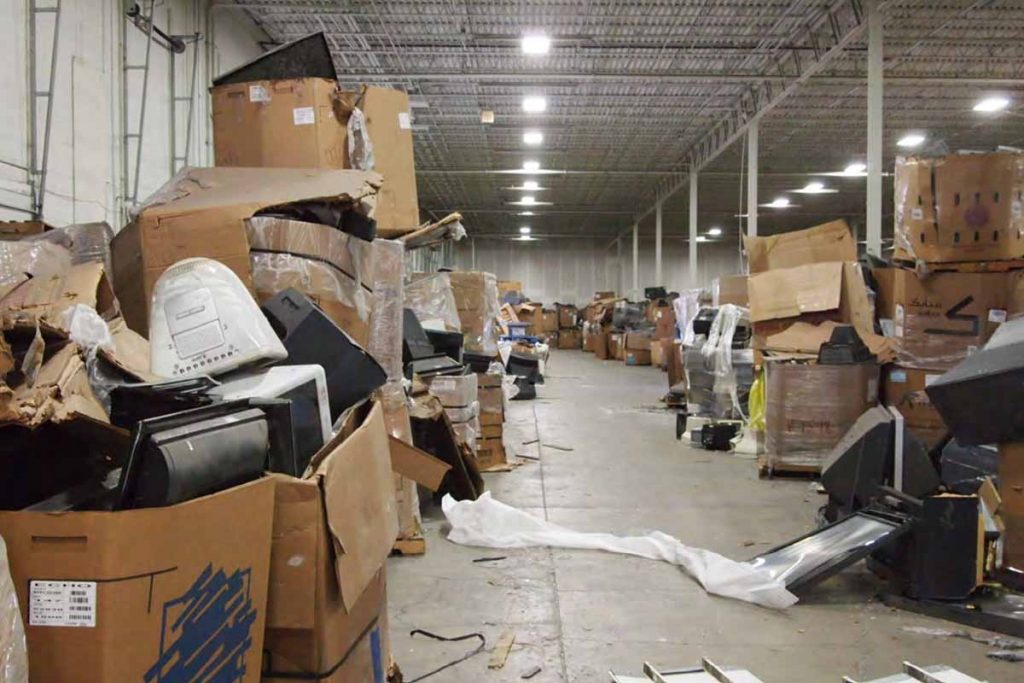


 A former U.S. e-scrap executive pleads not guilty to federal charges related to business practices, and an infamous scrap site in Ghana grabs more headlines.
A former U.S. e-scrap executive pleads not guilty to federal charges related to business practices, and an infamous scrap site in Ghana grabs more headlines.